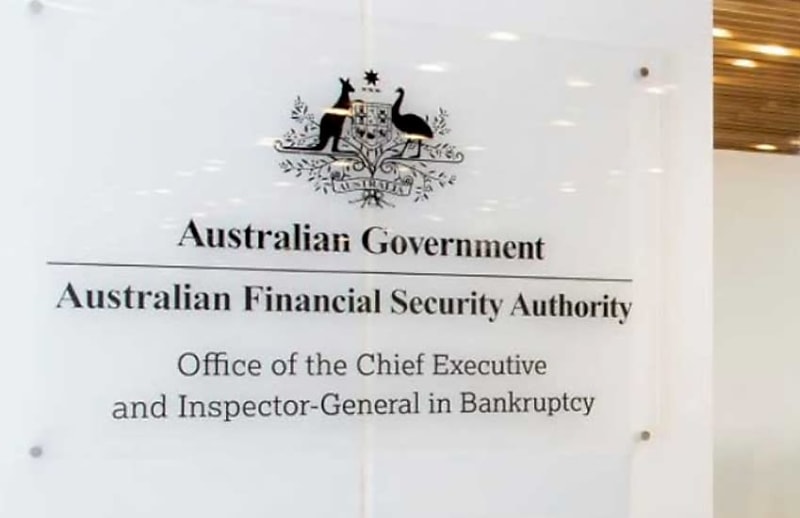The Australian Financial Security Authority (AFSA) recorded a total of 2,981 personal insolvencies in the March 2024 quarter, an increase of 19.5 per cent from the same period last year.
National data shows personal insolvencies rose in all states and territories compared to the March quarter 2023, except for Tasmania where the number declined, and South Australia where the number remained the same.
Of the March 2024 quarter of personal insolvencies, 758 were business-related.
NSW recorded the highest number of personal insolvencies at 885, followed by Queensland at 759.
Insolvency firm Jirsch Sutherland said the cost-of-living crisis and increasing business failures are triggering a ripple effect, with personal insolvencies likely to rise further.
Jirsch Sutherland partner Malcolm Howell said the fact that a quarter of personal insolvencies were business-related was “unsurprising”.
“There’s been a marked increase in corporate insolvencies and the domino effect continues to reverberate across personal insolvencies,” Howell said.
“It’s almost a guaranteed cycle: following a period of business failures there’s often a spike in personal (or consumer) insolvencies months down the track as creditors ‘call in their markers.”
Howell said there were also a range of non-business-related causes driving the increase in personal insolvencies.
“In the current economic environment the number of financially distressed individuals has been turbo-boosted by high interest rates, tax debt and cost of living pressures,” he said.
AFSA is encouraging any Australians experiencing financial difficulty to seek to seek help early from trusted sources to assist individuals find a solution that works for their circumstances.
“Financial counsellors and registered professionals can help to review individual situations and help plan an appropriate response,” AFSA said.
“Free confidential assistance is available through the National Debt Helpline or via phone at 1800 007 007.”

 Login
Login







